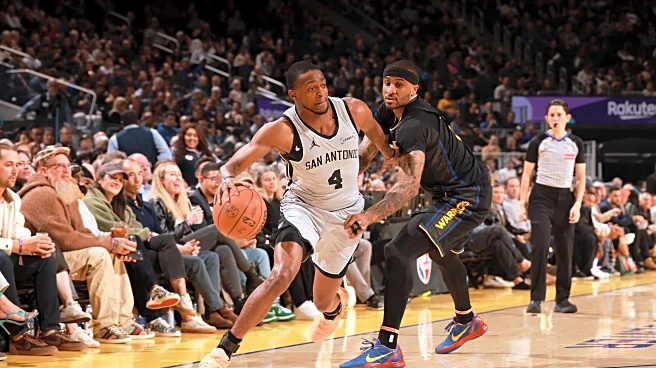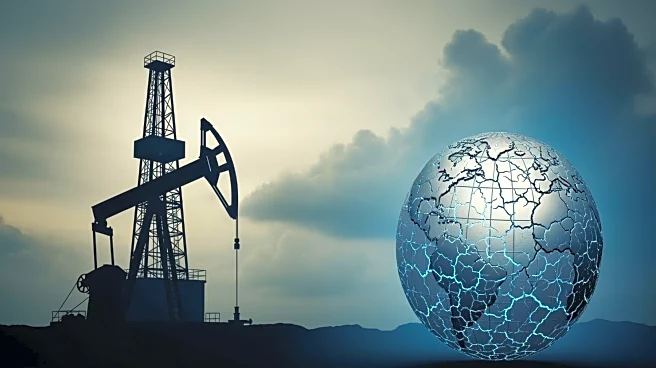What's Happening?
During the G20 summit in Johannesburg, leaders from the Group of Seven nations, along with EU leaders Ursula von der Leyen and Antonio Costa, engaged in discussions regarding Washington's proposed peace
plan for Ukraine. The meeting took place on the sidelines of the summit, with the E3 security alliance of France, Britain, and Germany convening prior to the broader talks. The United States and Russia are negotiating a 28-point roadmap to end the conflict in Ukraine, although Brussels has not been included in these negotiations. European Commission President Von der Leyen expressed her intention to reach out to Ukrainian President Volodymyr Zelenskiy, who has shown readiness for constructive dialogue with Washington. Meanwhile, Rustem Umerov, Secretary of the Ukrainian National Security and Defence Council, confirmed ongoing consultations in Switzerland with the U.S. to end the war.
Why It's Important?
The discussions at the G20 summit highlight the international efforts to resolve the ongoing conflict in Ukraine, which has significant implications for global security and diplomatic relations. The exclusion of Brussels from the negotiations raises questions about the EU's role in the peace process and its influence in international diplomacy. The involvement of major global powers like the U.S. and Russia underscores the geopolitical stakes involved. Successful negotiations could lead to a reduction in hostilities and pave the way for rebuilding and stabilization in Ukraine, impacting regional security and economic recovery.
What's Next?
The next steps involve continued negotiations between the U.S. and Russia, with potential involvement from other international stakeholders. The EU's outreach to Ukraine may lead to further diplomatic engagements and support for the peace process. The outcome of these discussions could influence future international policies and alliances, particularly in relation to security and economic cooperation in Eastern Europe.










